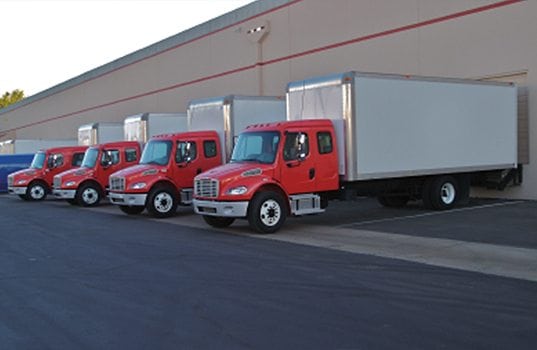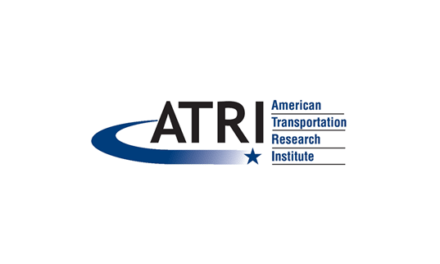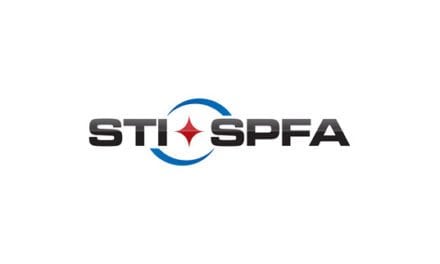By Shane Dyer
It’s undeniable that accepting fleet cards into your chain of service stations results in increased sales for both fuel and in-store items. There have been numerous studies over the years that have confirmed fleet customers buy more than typical retail customers. This is because the drivers of those vehicles are also buying deli items and beverages for their lunches, ice for coolers, and other items they may need during the course of their work day.
The real question for petroleum marketers who own and operate retail fueling locations is not whether they should embrace fleet fueling, but how to do it in a manner that maximizes their profit. There are four primary approaches available.
- The first is to simply accept any fleet card that your point of sale/credit card processor will allow, and defer fleet opportunities you encounter to one of those options. It’s important to realize that, in taking this approach, you have no control or influence over the customer other than engaging them in some form of a loyalty program that will hopefully bring them back to your stations on a repetitive basis.
You should also understand that the major fleet card issuers are working against your effort to maximize margin by providing advanced price shopping tools that help drive the fleet customer into the lowest priced location. This might be good if you are the price leader in your market, but if not, they will be driving that customer you want to retain into your competitor’s location.
For example, Comdata offers a product which scores how well a driver has “shopped” to find the lowest price of fuel. The fleet manager can then correct a driver’s pattern or habit to ensure the driver is going to the lowest priced location. WEX and others have similar tools. In summary, if you want to control the opportunity, this isn’t the best approach. - A more active approach is to partner with a major fleet card company to develop a private label fleet card for your company. In this scenario, the fleet card partner will manage all aspects of issuing cards, billing the customer, carrying the receivable, and incurring the bad debt risk. The benefits are that the customer will be locked into using your locations, and you will receive a minor commission on the sale. The customer will also be associating with your brand as your company name will be on the cards.
While this option is better than the first we’ve outlined, it still doesn’t maximize your margin or control over the customer. It’s also not a solution for smaller chains since the major fleet card companies only find it justifiable if you have a large number of stores; for example Sheetz which has a private label program through WEX. For smaller retail chains with less than 100 locations, we find the best solution to be one of the following two options. - You can partner with a like minded petroleum marketer in your region who has an existing fleet card program in place, collaborate to develop your market, and drive those customers into your location through discounts and other loyalty efforts. Or you can take on the opportunity yourself by creating and marketing your own fleet fueling product. The latter is not as daunting as it might seem.
- In order to develop your own proprietary card solution, you simply need to engage one of the technology platforms that are available, establish a billing system, and begin selling and managing the customers that you acquire. In this scenario, you are in complete control over the customer and you will be able to maximize your margin since you will not be sharing it with anyone else. The customer will be bound to your locations, and you will be building on your brand identity, not someone else’s. This will also increase the asset value of your business.
 Shane Dyer is the president of PowerUp Fleet, Inc. He possesses over 29 years petroleum automation, operations, and executive management experience with a focus on commercial fleet fueling and cardlock networks. PowerUp Fleet, Inc. provides sales force automation/CRM solutions specific to the petroleum industry along with sales training, sales management, and executive consulting services. Contact: (541) 388-5120 or [email protected] and visit PowerUp Fleet at: www.powerupfleet.com
Shane Dyer is the president of PowerUp Fleet, Inc. He possesses over 29 years petroleum automation, operations, and executive management experience with a focus on commercial fleet fueling and cardlock networks. PowerUp Fleet, Inc. provides sales force automation/CRM solutions specific to the petroleum industry along with sales training, sales management, and executive consulting services. Contact: (541) 388-5120 or [email protected] and visit PowerUp Fleet at: www.powerupfleet.com









